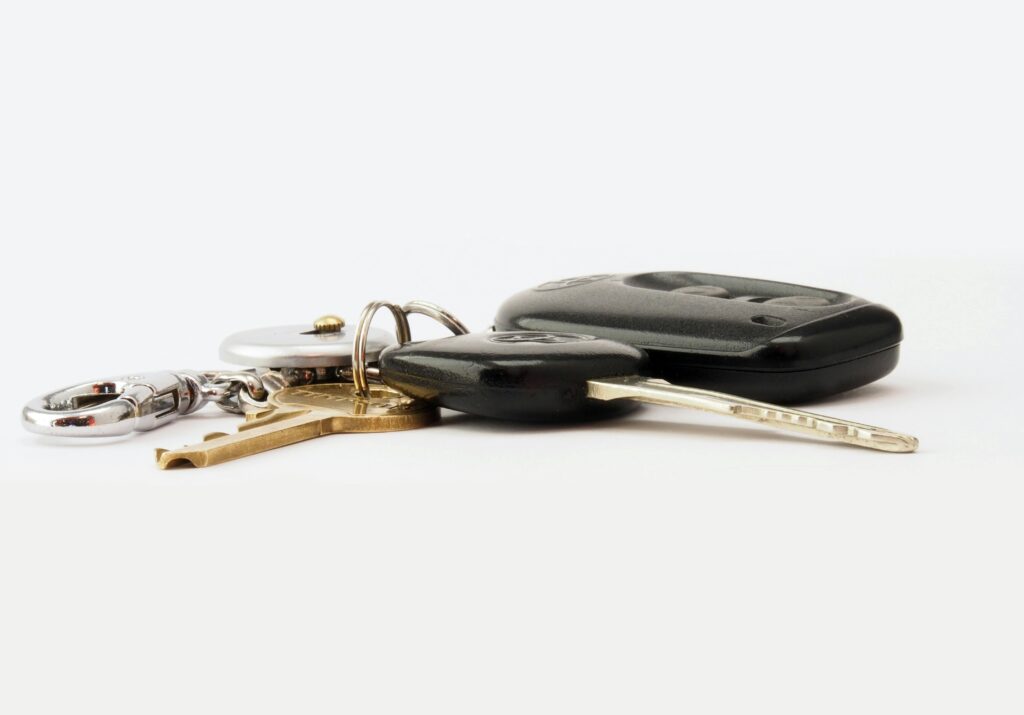Key Takeaways
- Lemon laws and warranty claims protect car owners, but in different ways, each offering distinct remedies and timeframes for resolution.
- Knowing the proper steps to take can help you secure repairs, a refund, or a replacement vehicle without unnecessary delays.
- Recent changes in state laws impact what consumers should expect when seeking redress for defective vehicles.
- Documenting your repairs and understanding your options are vital to success, especially if your case escalates.
Table of Contents
If you’ve ever encountered repeated issues with your vehicle, you might wonder whether to file a warranty claim or initiate a lemon law case. Understanding the distinction between these two forms of protection is crucial to ensure your rights are fully exercised as a consumer, particularly when navigating the complex and stressful process of vehicle repairs and potential disputes with manufacturers. Vehicle defects can be both frustrating and costly, so it’s important to be informed from the outset. In many cases, seeking guidance from a South Dakota lemon law attorney can clarify your rights and the most effective next steps.
Both warranties and lemon laws exist to provide consumer protection in the event your car doesn’t perform as promised. However, they’re not interchangeable. Each involves specific conditions, timelines, and remedies that can vary significantly. Understanding when to rely on your warranty versus when to pursue a lemon law claim can save you time, money, and frustration as a car owner. Many drivers fail to use these protections effectively simply due to a misunderstanding of how they work.
What Is a Warranty Claim?
A vehicle warranty acts as a contract between you and the vehicle’s manufacturer. It generally pledges to repair or replace faulty components for a fixed time or mileage—usually three years or 36,000 miles, whichever comes first. During this coverage period, if a covered part fails, the dealership or authorized repair shop must make the necessary repairs at no cost to you. Be aware, however, that warranties rarely cover every component; parts subject to normal wear and tear, such as tires, brake pads, and windshield wipers, are typically excluded.
A warranty claim begins when you discover an issue with your vehicle and take it to an authorized dealer for inspection. If the defect falls under the scope of the warranty, the manufacturer arranges for the repair, often covering both parts and labor. The process is designed to be straightforward, requiring you only to bring the vehicle in and present your warranty documentation. If approved, the dealer will complete the repairs or replace the defective part at no cost to you. However, it is essential to understand the scope of your warranty—some warranties may have additional requirements, such as following strict maintenance schedules or using specific types of parts and services to avoid voiding coverage.
Understanding Lemon Laws
Lemon laws are consumer protection statutes established at the state level to help car owners facing serious, irreparable defects. If your new or certified pre-owned car develops a significant issue that substantially impairs its use, safety, or value—and the dealer cannot fix it after a reasonable number of attempts—lemon laws may entitle you to a replacement vehicle or a full refund. These laws are intended to provide relief to consumers who, through no fault of their own, end up with a “lemon,” or a vehicle that cannot be repaired despite repeated efforts.
The specifics, such as the number of repair attempts required or the duration of the vehicle’s downtime, depend heavily on your state and the type of vehicle. For example, some states count days out of service—often 30 days or more—as a threshold, while others have specific rules about the severity or recurrence of the defect. It’s also common for states to lay out what types of problems qualify—typically problems that affect the safe use of the vehicle or severely reduce its value. Knowing your state’s lemon law is essential to recognizing when you can move beyond the seemingly endless repair process and demand a more significant remedy.
Key Differences Between Warranty Claims and Lemon Law Cases
- Scope of Coverage: Warranties handle repairs on specific parts due to manufacturer defects within the agreed-upon period. Lemon law claims focus on persistent defects that the dealer or manufacturer fails to fix after multiple attempts or a specified period, and often target issues that affect the vehicle’s safety, usability, or resale value.
- Resolution Process: For warranty claims, the process is typically handled at the dealership, and no legal action is required unless a dispute arises. Lemon law cases often escalate to arbitration or even court, as they involve larger remedies, such as refunds or vehicle replacements. This escalation can cause delays, but it is sometimes necessary to secure full compensation.
- Time and Repair Attempts: Warranty coverage is typically based on time or mileage, while the nature of the defect determines lemon law eligibility, the number of failed repair attempts, or the duration the vehicle is out of service. The boundaries for a lemon law claim can sometimes extend beyond the warranty period if issues began before it expired and repairs were attempted under warranty.
It’s wise to consult the details for your state early in the process, as missing a filing deadline or key piece of documentation can derail an otherwise valid claim.
Recent Changes in Lemon Laws
Recent legislative changes mean consumer protections evolve rapidly. Some states have expanded lemon law coverage to used cars or enacted stricter record-keeping requirements. For example, several states now require manufacturers or dealers to notify future buyers of a vehicle’s lemon history. Others have shortened filing timeframes for lemon law claims, increasing the urgency for consumers to act promptly when seemingly minor problems arise. These changes have made it even more important to keep thorough records from the first sign of trouble.
Following news from reputable automotive news sources, such as consumer-focused automotive websites and government bulletins, helps car owners stay ahead of fast-moving legal reforms affecting vehicle ownership and defect coverage. If you’re unsure about recent developments, a quick call to a local attorney can clarify whether new rules apply to your vehicle and claim.
Steps to Take If You Suspect Your Car Is a Lemon
- Document Everything: Keep meticulous records of each issue, every visit to the dealer, repair orders, correspondence, and the number of days your vehicle has been unavailable. This paperwork is crucial for both warranty claims and lemon law cases. Good records ensure you have solid proof if you need to take legal action or escalate your case to arbitration.
- Understand Your State’s Lemon Law: Research the criteria that define a lemon vehicle in your state. Knowing the rules prevents missed opportunities for a claim. It also helps you evaluate when to escalate from a simple warranty repair to a formal lemon law action.
- Consult a Professional: Don’t hesitate to seek advice from an attorney or professional advocate if repairs repeatedly fail to resolve your vehicle’s problems. They can help ensure your documentation, communication, and legal approach are robust and timely, and many lemon law attorneys offer free initial consultations to assess your case.
Being proactive and informed can help you avoid common pitfalls. Even if you think your vehicle’s issues are minor, persistent or recurring problems can sometimes qualify for lemon law protection if they remain unresolved.
Final Thoughts
While both warranties and lemon laws aim to shield consumers from unfixable car problems, they represent distinct avenues of recourse. Warranties are a first line of defense, allowing for no-cost repairs within a set period. However, lemon laws give car owners the power to demand a replacement or refund when repairs aren’t sufficient. Equipping yourself with knowledge and records is the best defense against a defective vehicle. Stay current with the law, understand the difference between seeking a fix and demanding a refund or replacement, and never hesitate to seek professional assistance when your rights as a car owner seem to stall.


